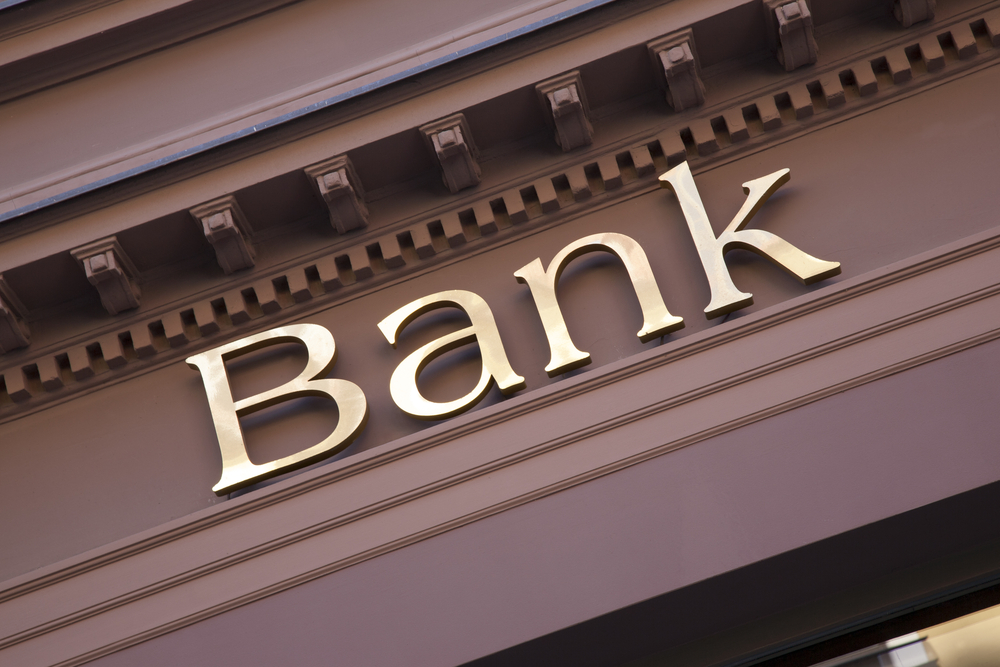One of the biggest struggles in the world of Bitcoin and digital currency is finding a banking partner for a startup or entrepreneur these days. Some banks might be more open to this concept than others, but in the end, a lot of bank accounts will be closed because of involvement in Bitcoin. Luckily, some banks are keeping an open mind, but they are not that easy to find, nor are they available to users all over the world.
Also read: LibertyVPS Review
Banks Are Not Keen on Bitcoin Startups

The biggest reason why banks are not keen on Bitcoin entrepreneurs and startups is because there can be a high volume of transactions passing through the bank account in question. Although most Bitcoin companies conduct thorough KYC and AML verification these days, any illegal transaction puts the bank itself at risk as well for getting fined, as they “facilitated” the transfer.
Bitcoin in itself is not as transparent as banks would like, although the protocol is far from anonymous at the same time. However, it is difficult to link transactions with personal identities, which makes the banks wary of any company actively dealing with Bitcoin. But that does not mean there are no financial institutions willing to work with startups and entrepreneurs in the digital currency space, they are just harder to find.
Fidor Bank is perhaps the only name that rings a bell with the majority of the Bitcoin community regarding being Bitcoin-friendly. Unfortunately, their services are only available to residents in the United Kingdom or Germany, although future expansions are not out of the question either. Given the growing number of Fintech players providing banking services without prior access to financial institutions, more competition in this space is more than welcome.
Bigger banks, such as the top 50 around the world for example, will most likely not be as open-minded to Bitcoin companies. There is a good reason for that as well, as most of these institutions are building their own blockchain solutions through the R3 CEV consortium. Moreover, they are not looking at Bitcoin as a viable currency either, as that would be in stark contrast with the service they provide themselves.
Things are very different for individual Bitcoin users in most regions, although it is not unheard of to see personal bank accounts being closed as well. Especially experienced traders, who make frequent deposits and withdrawals to their account, might be facing some invasive questions from the institution at some point. However, any transfer that mentions the term “Bitcoin” will be flagged internally automatically.
In the end, Bitcoin and banking could not be more different, and they do not play nice all the time either. Unfortunately, it is rather difficult for most people to use Bitcoin without a bank account, as a lot of users rely on this service to convert to and from fiat currency whenever needed.
Source: Suggestion Via Email
If you liked this article follow us on Twitter @themerklenews and make sure to subscribe to our newsletter to receive the latest bitcoin and altcoin price analysis and the latest cryptocurrency news.

